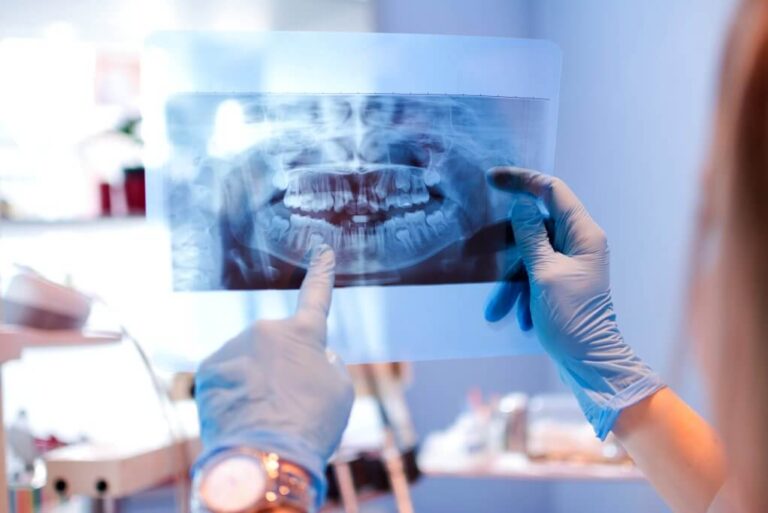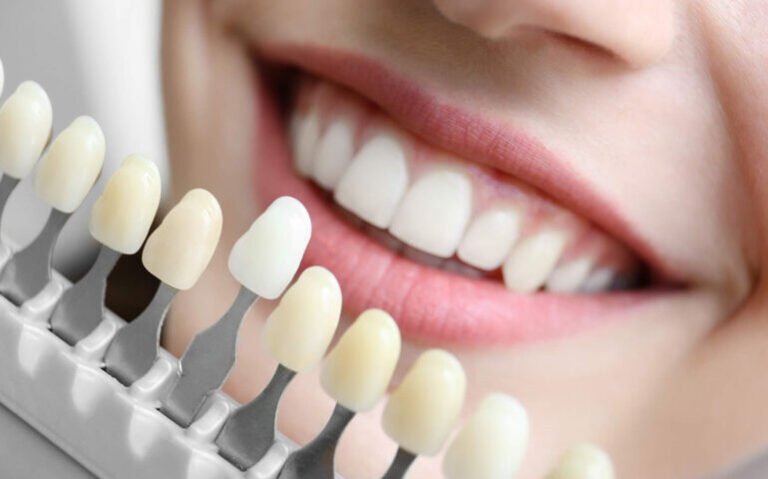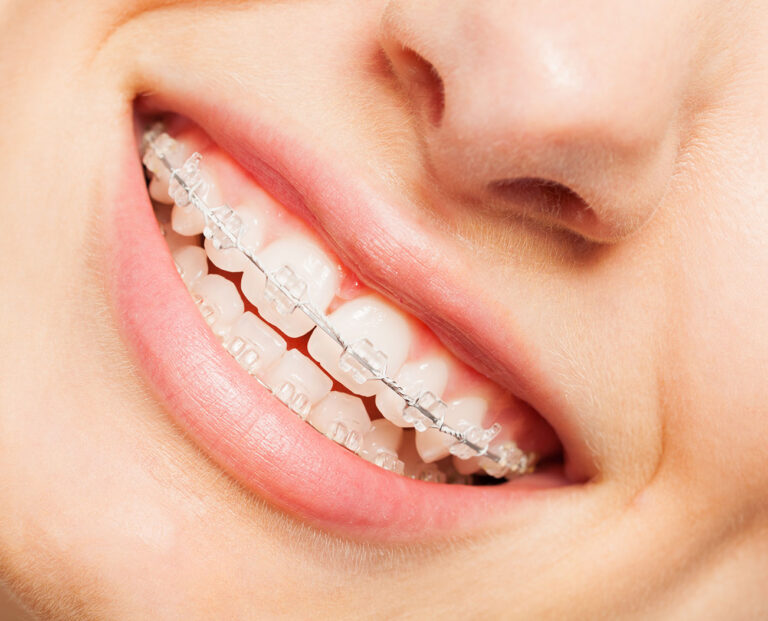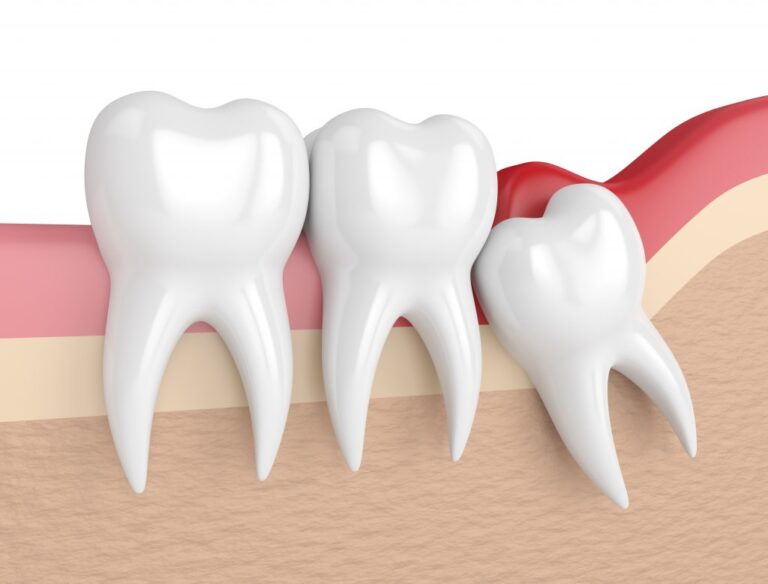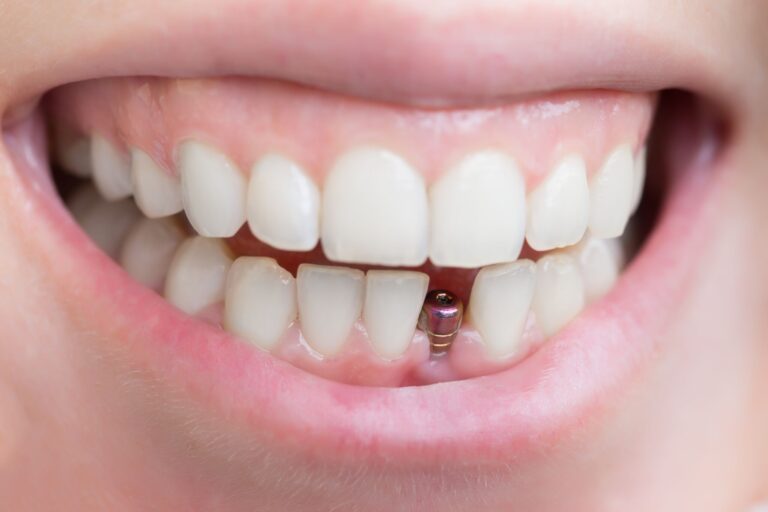Gastric sleeve surgery is becoming increasingly popular among people who are looking to reduce their body weight through diet and exercise. One of the biggest concerns for people who have undergone this type of surgery is how much sugar they can safely eat after the procedure. In this article, we will discuss the recommended allowance for sugar consumption post-gastric sleeve and how to determine your own personal daily limits.
What is the Recommended Allowance?
The recommended safe daily sugar allowance after a gastric sleeve is 10-15 grams. This includes both added sugars, such as those found in candy, soda, and baked goods, as well as naturally occurring sugars from fruits and other foods. It is important to note that this recommendation may vary depending on the individual, so it is important to speak with your doctor about specific needs after gastric sleeve in Mexico to get the right diet plan.
How Can I Calculate My Personal Daily Limit?
It’s important to remember that everyone’s individual nutritional needs are different, and the same goes for sugar intake. In order to determine your personal daily limit of how many grams of sugar after a gastric sleeve is required, it is recommended to consult with a certified nutritionist. They will be able to take into account your current health and lifestyle in order to create the best plan for you.
What Should I Do If I Consume Too Much Sugar?
If you find that you have inadvertently consumed more than the recommended daily limit, then it’s essential to take the necessary steps to rid yourself of any excess sugar in your system. One of the most effective ways of doing this is by drinking plenty of water throughout the day, which helps flush out toxins and can help reduce cravings for sugary snacks and drinks later on.
If you’re wondering “how many calories should you eat after gastric sleeve?” it’s important to follow your doctor’s specific instructions based on your individual needs. In general, after gastric sleeve surgery, your calorie intake will be significantly reduced compared to before the surgery. It’s important to choose nutrient-dense foods that will provide your body with the essential vitamins and minerals it needs to stay healthy while consuming fewer calories. Additionally, increasing your intake of fiber-rich foods such as fruits, vegetables, and whole grains can help to stabilize your blood sugar levels and reduce your cravings.
To Sum Up
Gastric sleeve surgery is an effective way of reducing body weight through diet and exercise, but it’s necessary to be aware of the recommended daily allowance for sugar consumption post-surgery. By following these tips and consulting with a doctor, you can determine your own personal limit for safe sugar consumption after a gastric sleeve procedure. Doing so will help ensure that you are able to maintain a healthy weight without compromising your health in the long run. Thank you for reading!


